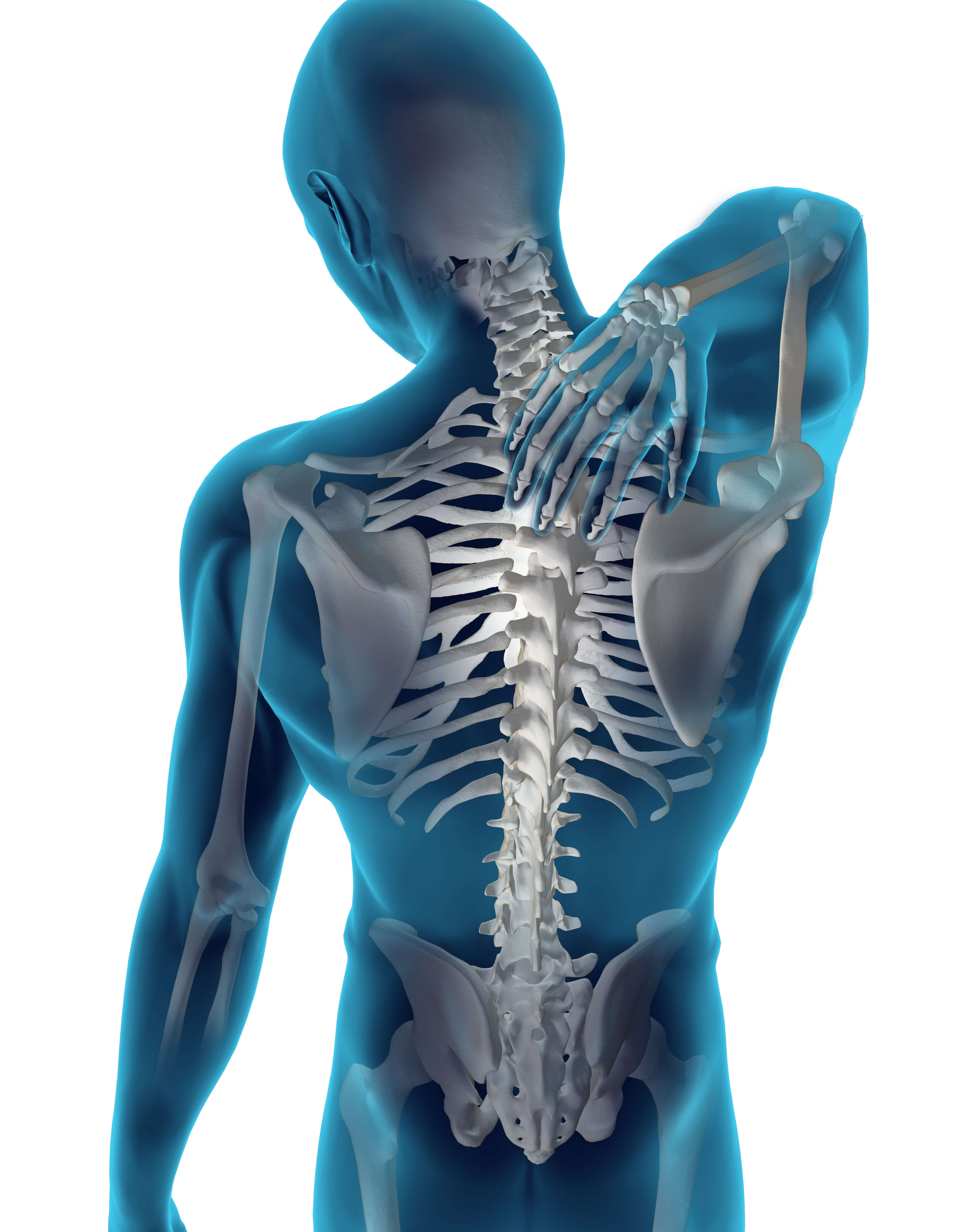Will rest help my back pain to go away?
Rest!
One of the most misinterpreted words I come across in the clinic.
I ran into this again today, not for the first time this week either. Mark’s back was hurting him when he was deadlifting, so he stopped. After a couple of days of little relief, he went to the Doctor. The Doctor prescribed some anti-inflammatories and told him to rest, so he did. 2 weeks later, and still no relief, he decided to pay a visit to me.
When I asked Mark what he meant by rest, he said, he took a couple of days off work and hasn’t been back to the gym since. He is giving his back a chance to recover as the Doctor told him to. This was never going to work. I don’t know did the Doctor give him this advice exactly, or did Mark just misinterpret him.

What I mean by “Rest” being misinterpreted is, when people hear rest, they think it means “do nothing”. Well, it doesn’t. It means, rest from aggravating activities. So if deadlifting hurts your back, do some back extensions perhaps. Or, maybe just reduce the weight or the reps when deadlifting. Similarly, if you can’t run because it hurts your back or your knee or foot for example, then cycle, or swim. If something is making it worse or is extremely difficult to do, then rest from that specific activity. Don’t do nothing.
Obviously, there are some situations where you might have picked up a significant injury which has hugely limited how much you can move so it’s not as straightforward. In this situation, you still don’t completely rest. You move as much as you can manage and try to gradually return to full movement. The difference in this situation is you are more likely to see a physio fast because the injury is more significant and forces your hand.
You often find the more significant injuries can sometimes recover quicker because you are more likely to seek help sooner. Luckily that’s not as common.

The more common situations, like Mark’s, are much less significant. He likely just irritated a muscle in his back while he was lifting and that caused him to seize up more after training. That sensation of seizing up could be your muscles going into a protective spasm because they sense something isn’t quite right. If you completely rest, you are more likely to seize up even further, because your muscles like to move. By continuing to move and train, you are sending a signal to your back muscles that it is safe to move and they are more likely to relax and recover.
So instead of avoiding the movement, find a way to return to that movement without irritating the back muscles.
The same can be said for any other body part. If you wake up with a crick in your neck, your neck muscles are likely in a protective spasm also, so you need to encourage movement in the neck in order to recover quicker. Same for the knee, ankle, elbow, etc.
So the main lesson to learn from this is, Complete Rest is Never the Answer. If in doubt, contact a Physio before you contact a Doctor.




